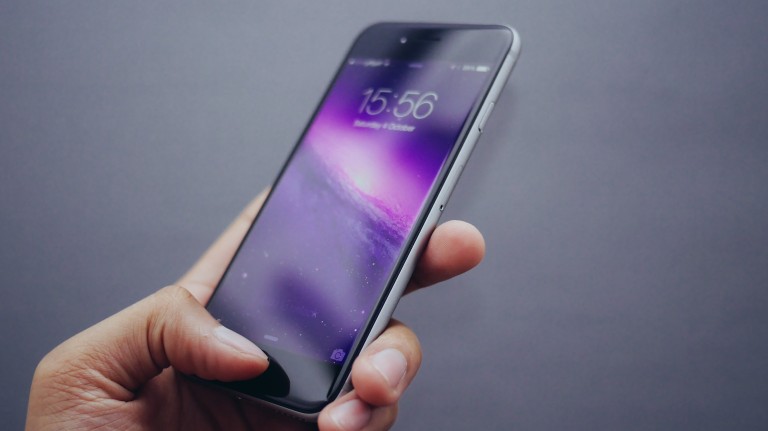It's a victory for privacy, though it's not yet clear how big the win will be.
What happened: On Friday, the US Supreme Court handed down a five-to-four ruling that requires a search warrant before law enforcement officials can sift through your cell-phone location data. The ruling stems from a case in which phone location data was gathered about a man suspected (and eventually convicted) of armed robberies of Detroit-area Radio Shack and T-Mobile stores.
How it works: Location information is gathered each time a phone connects to a cell site, and it's stored by wireless service providers. The denser the network of cell sites—you'd expect to see more of them in higher-traffic areas like cities, for instance—the more precise that location data can be.
What it's used for: Location data is used for all kinds of things; wireless companies can use it to help figure out how heavy traffic is in certain spots at certain times of day, and they also aggregate and sell it to other companies that can use it for marketing and other purposes. It can also be used to track your whereabouts (such as whether you were near a bank around the time it was robbed).
What comes next: Chief Justice John G. Roberts Jr. wrote in his majority opinion that the decision "is a narrow one," and that it won't affect the ability to use location data for emergencies or situations related to national security. One interesting item: court watchers have already noticed that Roberts seems to find near-perfect cell-phone location data inevitable, and has already planned for that future.

